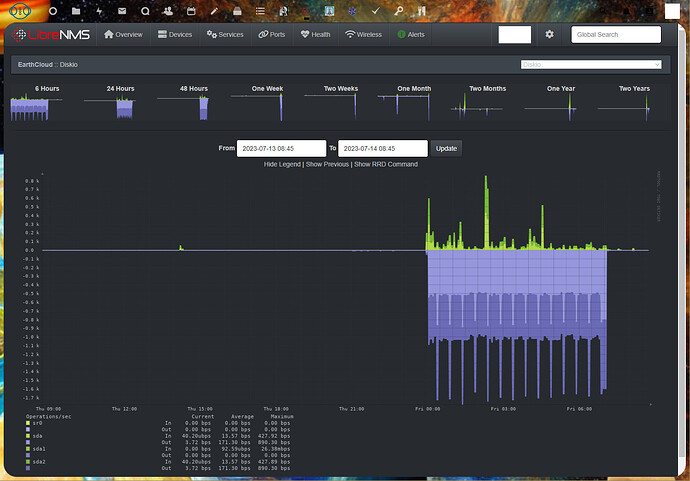Support intro
Sorry to hear you’re facing problems ![]()
help.nextcloud.com is for home/non-enterprise users. If you’re running a business, paid support can be accessed via portal.nextcloud.com where we can ensure your business keeps running smoothly.
In order to help you as quickly as possible, before clicking Create Topic please provide as much of the below as you can. Feel free to use a pastebin service for logs, otherwise either indent short log examples with four spaces:
example
Or for longer, use three backticks above and below the code snippet:
longer
example
here
Some or all of the below information will be requested if it isn’t supplied; for fastest response please provide as much as you can ![]()
Nextcloud version (eg, 20.0.5): 27.0.0 and earlier versions over roughly the last year
Operating system and version (eg, Ubuntu 20.04): Ubuntu 22.04 and Mint 21.1
Apache or nginx version (eg, Apache 2.4.25): 2.4.52
PHP version (eg, 7.4): 8.1.2
The issue you are facing:
Nextcloud will get into a mode of crashing, which shows up as an empty response to the browser. The server must be restarted to clear the problem.
This problem happens either occasionally (intermittently) or at Apache startup.
This problem has been happening to me for quite some time over a number of Nextcloud releases. I have been running Nextlcoud for almost a year now.
Ubuntu will tell me that Apache crashed and want to send a report. If I look at the details, the stack trace will imply a crash in Zend. It used to be something like zend slow auth, but I saw something else happen recently but still seemed related to zend.
I think I have reduced the severity of the problem by telling Linux to not look for updates, and by disabling the update notification in Nextlcoud. I have also tried to change PHP settings and limit “apps” as much as I can (I still use a few). PHP should have plenty of memory, etc. The machines I run these on are new and have plenty of memory. I have several installations and they all have had the problem at one time or another. I’m assuming there is a configuration issue (I use a similar approach on all of them), or there’s something about this release of Ubuntu that is odd.
Recently, the problem only starts happening at midnight. I’m not sure what kind of maintenance might be happening then that I could try to reschedule? It would be more convenient for this to happen just before I get up in the morning. I have LibreNMS monitoring the system. By the time I see this in the morning, the system has written dozens of terabytes to my SSD, which is just basically burning up the longevity of the drive.
Should I try disabling the opcache? Is the problem maybe in my Redis configuration? I use Redis for caching and file locking.
I have run other Apache applications (e.g. Subversion, Trac, Wikimedia) for many years and never had to cope with this kind of problem. Also, when this occurs, other things running in Apache are fine. I’m competent at Linux but I’m not an expert. I an engineer, but I have been having problems finding a root cause for the problem, or a mitigation of the writing of data to the drive when the system is in this state. Also, unfortunately, I’m not a PHP expert.
Thanks for any advice you could give!!
Is this the first time you’ve seen this error? (Y/N): N
Steps to replicate it:
- Happens at midnight or server startup. Not sure why. Doesn’t always happen.
The output of your Nextcloud log in Admin > Logging:
There is no log message when this occurs.
The output of your config.php file in /path/to/nextcloud (make sure you remove any identifiable information!):
I'm using Redis for caching and file locking, and PHP opcache.
The output of your Apache/nginx/system log in /var/log/____:
It just says it crashed.

